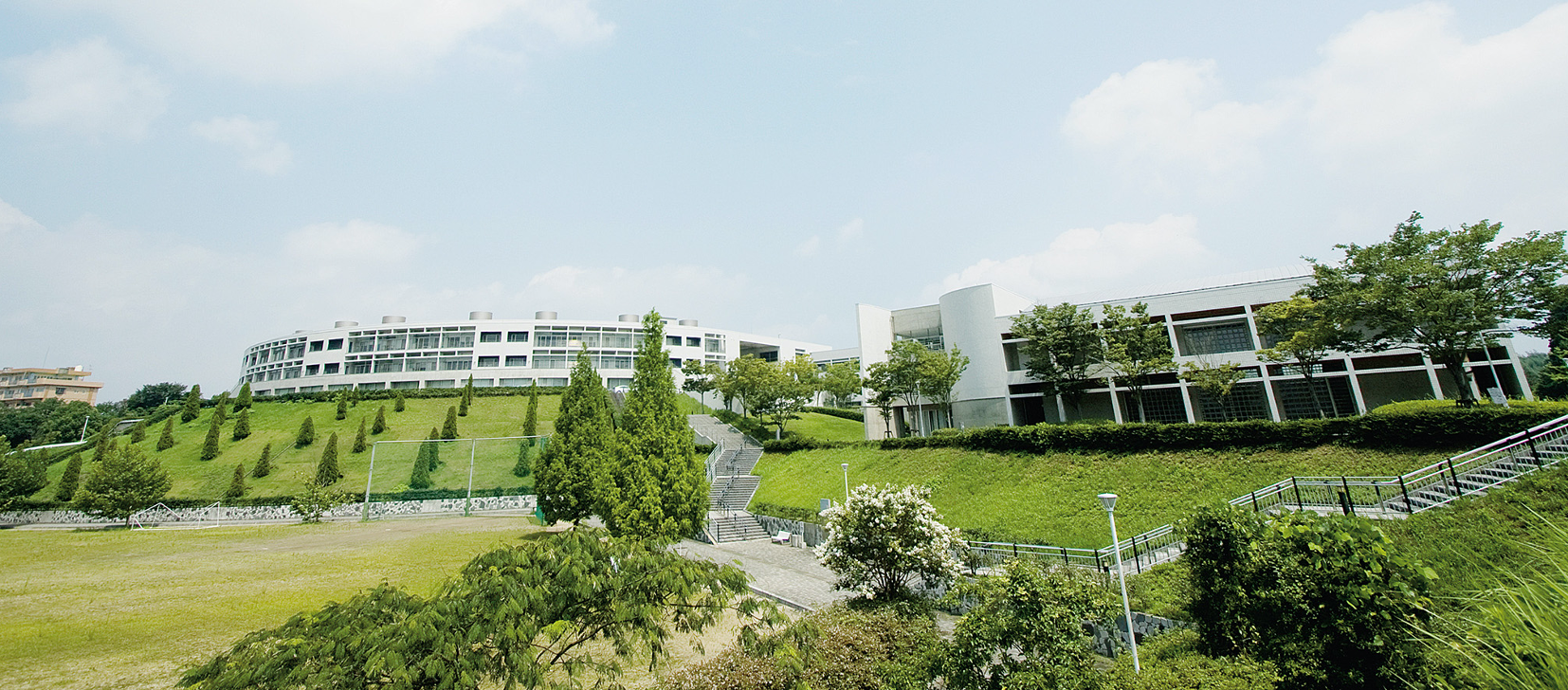Overviews of OUNHS
Overview of OUNHS
OUNHS was founded as a public school of nursing in 1998 and its graduate school of nursing was established in 2002. It was reestablished as a public university corporation in 2006. It is accredited by the national accrediting agency for all college and university programs of nursing education in Japan. OUNHS has 20 research laboratories with 55 full-time faculty members in charge of education and research.
Undergraduate School
There are four departments offering a four-year undergraduate program leading to a degree of Bachelor of Science in Nursing. There is also an elective school health nurse training course. Total enrollment is 320 with approximately 80 students per class year.
The three-semester undergraduate curriculum enhances basic nursing education and trains nurses with good judgment and practical skills. Four-years of step-by-step nursing practice and technical training are related to lectures so students learn to integrate theory and practice to provide comprehensive nursing care during each period of clinical instruction.
All graduates can take the national licensure examination for registered nurses and eligible graduates are able to receive licensure as school health nurses.
Graduate School
The two-semester graduate curriculum educates and trains public health nurses, midwives, nurse practitioners, and nurse managers through highly specialized education. It fosters relearning and develops research skills in working nurses. In research training, we nurture researchers and educators in nursing science and health sciences.
OUNHS offers a two-year Master’s Degree program (entrance quota of 37 per year) and a three-year Doctoral program (entrance quota of 4 per year).
There are six Master’s majors: public health nursing, professional midwifery, nurse practitioner in geriatric nursing or pediatric nursing, nursing administration and recurrent education, research in nursing science and research in health sciences. Day and night instruction are offered so working students can study without interruption.
The two Doctoral degree majors are nursing science and health sciences. Evidence-based nursing and evidence-based medicine are the fundamental concepts of our program.
Campuses
The Main Campus holds the lecture building, research labs and learning labs, library, administrative office and Community Outreach and Engagement Center. The South Oita Campus is next to Oita Prefectural Hospital and holds our Clinical Instruction Center.
Learning Laboratories
There are five fully equipped and up-to-date learning labs for nursing practice and health science experiments: the fundamental nursing/ adult nursing/ gerontological nursing lab; the maternity nursing/ midwifery lab; the pediatric nursing/ nurse practitioner lab; the community nursing/ home nursing/ nurse practitioner lab; and the health science lab.

